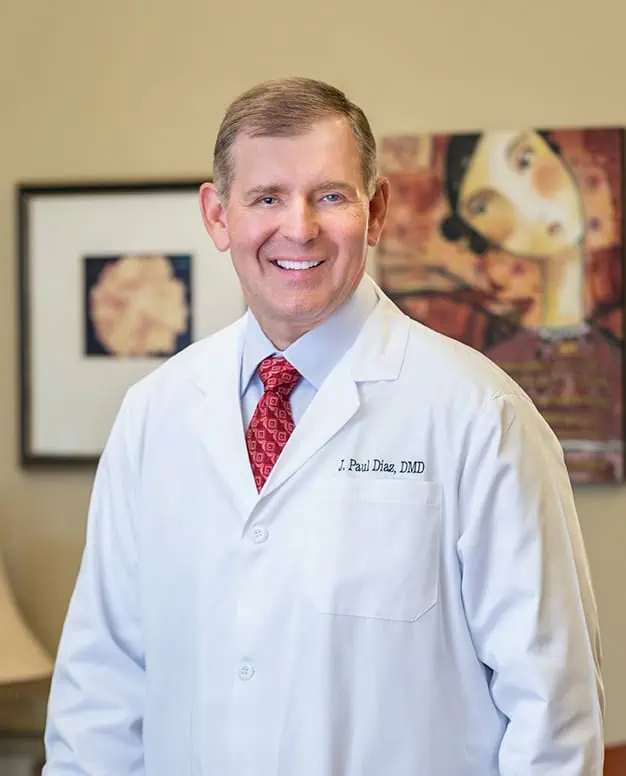
What Is GER/GERD?
Gastroesophageal reflux (GER) is the medical term used to explain what happens when stuff inside the stomach comes up into the esophagus. The result is often the feeling of heartburn or indigestion. If symptoms of GER happen more than two times a week for several weeks, it could be a sign of GERD. GERD is a more serious, long-lasting problem that can lead to more health concerns. It’s important to note that if someone has GER, it doesn’t always mean they have GERD.
Dental Concerns Linked to GERD
Since GER/GERD increases the mouth’s exposure to acid, it also increases the risk for dental problems and tooth damage. In fact, acid is one of the worst things for our pearly whites. It can easily wear down protective tooth enamel, increase the risk of decay, and quite literally eat away at teeth. People with GER/GERD are more likely to have bad breath, decay, and cavities than those without the condition. Additionally, dealing with the effects of GER/GERD may also increase sensitivity, which can be painful and make sufferers not want to brush their teeth. However, it’s crucial to still brush and floss regularly. Using a soft toothbrush and a toothpaste designed for sensitive teeth can help reduce any discomfort.
Signs of GERD
Signs of GER or GERD vary from person to person and can even be different based on age. Besides feeling the discomfort of heartburn, there are several other common symptoms including:
- Acidic taste in the mouth
- Bad breath
- Difficulty swallowing
- Vomiting
- Nausea
- Holes in teeth
How to Reduce the Risk of Dental Problems
Your dentist in Tuscaloosa, as well as your family doctor, may recommend certain changes in diet and habits to help reduce GERD symptoms and dental problems associated with it. Some recommendations include:
- Avoid acidic foods and drinks
- Stay away from sour treats
- Limit spicy foods
- Eat a well-balanced diet
- Chew thoroughly
While it’s important for everyone to visit the dentist regularly, it’s incredibly crucial for those with GERD. Dental visits at least every six months can help protect smiles from the acid produced from GERD or catch any problems early when they’re easily treatable. If you’re in need of a dentist, we welcome you to call our dental office in Tuscaloosa to schedule an appointment with us today.

